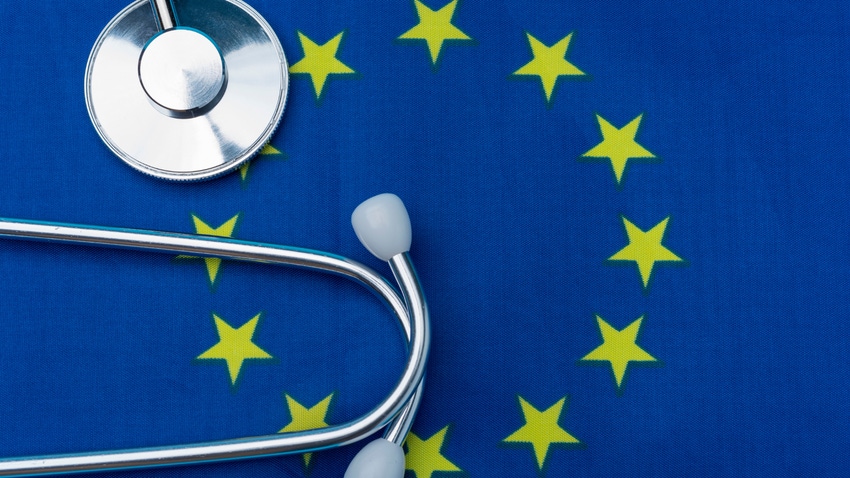EU Launches Initiative to Detect Cancer Early
Cancer imaging data to be collected across the EU

At a Glance
- EU initiative will collect and aggregate cancer imaging data across the bloc.
- Goal of the initiative is to detect cancer early using AI models.
- Doctors can make more precise and faster clinical decisions, diagnostics and treatments.
The European Union (EU) is launching the European Cancer Imaging Initiative to collect and aggregate large amounts of cancer imaging data to train AI models.
The data will be used to accelerate efforts to diagnose cancer early while adhering to “high ethics standards,” the EU said in a statement.
Researchers, clinicians, and innovators can access cancer imaging data more efficiently. The initiative also will connect national and EU-level initiatives, hospital networks and research repositories.
"A cross-border, interoperable, and secure infrastructure that will preserve privacy will speed up innovation in medical research. For example, it will be possible to train new technologies that use artificial intelligence (AI) on a large dataset," according to a statement from the EU.
How it benefits stakeholders:
Researchers will have efficient access to more high-quality data.
Innovators will be able to develop and test data-driven solutions for cancer care.
Doctors will be able to make more precise and faster clinical decisions, diagnostics, treatments and predictive medicine.
Citizens can practice ‘data altruism’ by agreeing to make their data available to make the dataset more robust.
The initiative is part of the EU’s data strategy and will comply with the General Data Protection Regulation (GDPR), EU’s data protection legislation.
Digital technology is changing the understanding of how cancer progresses, said EU Health Commissioner Stella Kyriakides. The EU plans on extending routine cancer screenings for colorectal, breast, and cervical cancers to 90% of eligible Europeans.
Medical imaging manufacturers, such as Siemens Healthineers and Philips, are helping to drive AI-powered efforts to diagnose and treat cancer.
About the Author(s)
You May Also Like


.jpg?width=700&auto=webp&quality=80&disable=upscale)
.jpg?width=700&auto=webp&quality=80&disable=upscale)
.jpg?width=700&auto=webp&quality=80&disable=upscale)
.jpg?width=300&auto=webp&quality=80&disable=upscale)
.jpg?width=300&auto=webp&quality=80&disable=upscale)
.jpg?width=300&auto=webp&quality=80&disable=upscale)

.jpg?width=300&auto=webp&quality=80&disable=upscale)